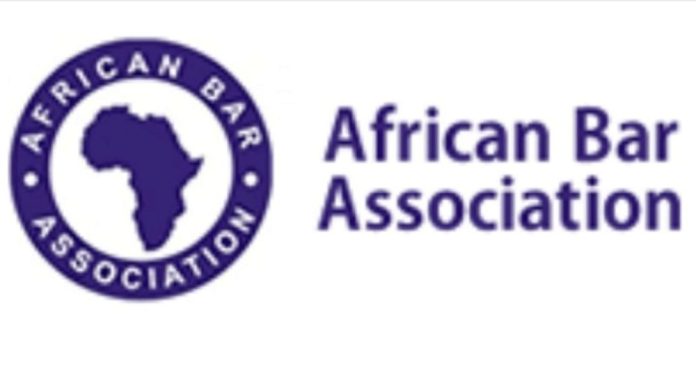The 2025 Annual Conference of the African Bar Association (AFBA) has opened in Accra, Ghana, bringing together judges, lawyers, government officials, scholars, and policymakers from across the continent to deliberate on the growing debate over whether foreign interests in Africa serve as a catalyst for development or a conduit for exploitation.
Held under the theme “Foreign Interest in Africa: Exploitation or Investment,” the conference marks the second time Ghana has hosted the prestigious gathering since 2000.
The event seeks to examine the complexities of Africa’s relationship with global powers amid rising foreign involvement in the continent’s natural resources, infrastructure, and governance.
In his keynote address, Acting Chief Justice Paul Scott Baffoe-Bonnie extended a warm welcome to participants, describing Accra as “a city where history and hope intertwine.”
He said the theme resonated with Africa’s struggle for true independence, noting that while political liberation had been achieved decades ago, the continent was now confronted with the challenge of attaining economic and intellectual freedom.
“When we speak of foreign interest in Africa, we confront a vast and complex web of influence and dependence,” the Acting Chief Justice said. “It manifests in our governance, our economies, and even in our security arrangements where foreign powers subtly shape our policies under the guise of cooperation.”
He lamented that despite Africa’s immense wealth—holding 30% of the world’s minerals, 40% of gold, and 12% of global oil reserves—the continent continues to be regarded as poor. “It is not exploitation alone that impoverishes us,” he stressed. “It is misgovernance. It is not lack of wealth; it is lack of will.”
Justice Baffoe-Bonnie urged African governments to reclaim control over their resources and to reform negotiation systems to prevent lopsided contracts that favor foreign investors.
He further called for stronger local participation in extractive industries and for investment in homegrown knowledge and legal capacity.
“The law is not merely an instrument of order,” he stated. “It is the architecture of justice—and justice is the foundation of sovereignty.”
Delivering another keynote, Attorney General and Minister for Justice, Dr. Dominic Akuritinga Ayine, pledged Ghana’s support for the conference and announced that his ministry had sponsored 100 young lawyers with US$30,000 to enable their participation.
Dr. Ayine, a former lecturer in international trade law, described Africa as standing “at a historic crossroads,” rich in resources but burdened by structural inequalities and poor governance. He said the challenge was not whether to accept foreign investment but to “redefine the terms of engagement.”
“Too often, the history of foreign investment in Africa is one of imbalance,” he said. “Contracts written in foreign capitals become instruments for siphoning our resources. Arbitration clauses defer justice to tribunals far removed from our realities.”
He cautioned against tax holidays, stabilization clauses, and concessions that “mortgage future generations,” calling them “a sophisticated form of economic extraction cloaked in legality.”
However, Dr. Ayine emphasized that not all foreign interests are exploitative. “Africa needs genuine investment—capital that builds factories, transfers technology, and uplifts communities,” he said, urging lawyers to become “architects of Africa’s legal destiny.”
He also addressed corruption as a major impediment to development. “Corruption drives away investment and reinforces exploitation,” he warned, calling on lawyers to resist bribery and hold both investors and public officials accountable.
Earlier, High Chief Ibrahim Eddie Mark, President of the African Bar Association, welcomed delegates and underscored the importance of unity among African legal minds in addressing the continent’s socio-economic challenges.
He said the conference provided “a rare opportunity to interrogate the structures that sustain dependency and underdevelopment.”
The AFBA President called for stronger collaboration among African states, particularly through the African Continental Free Trade Area (AfCFTA), whose secretariat is hosted in Accra. He said the agreement could serve as “a cornerstone for Africa’s economic independence if properly leveraged.”
The conference, which will span several days, features panel discussions, workshops, and debates on governance, trade, arbitration, and sustainable development.
It also seeks to strengthen regional legal frameworks to ensure that Africa’s wealth serves its people rather than foreign interests.
As the Acting Chief Justice declared the conference open, he urged participants to ensure that their deliberations move beyond rhetoric to action.
“May this conference mark not just another dialogue,” he said, “but a dawn of a new era—one that binds law to justice, investment to equity, and development to the dignity of our people.”









